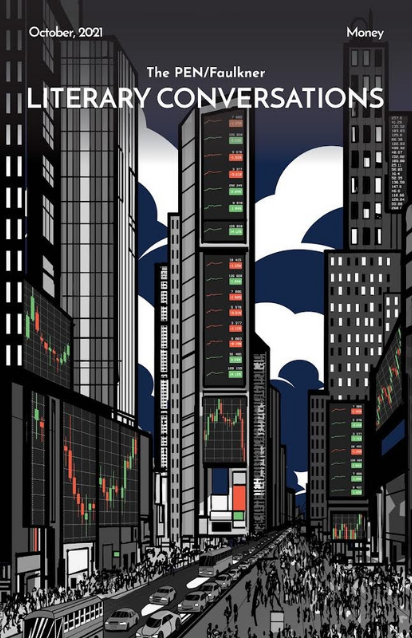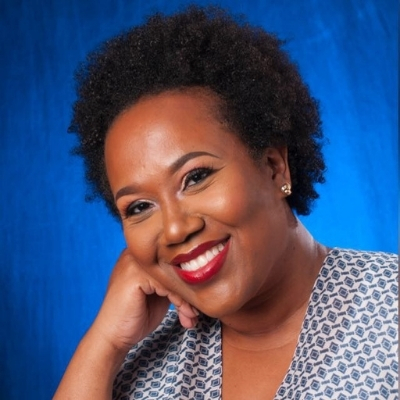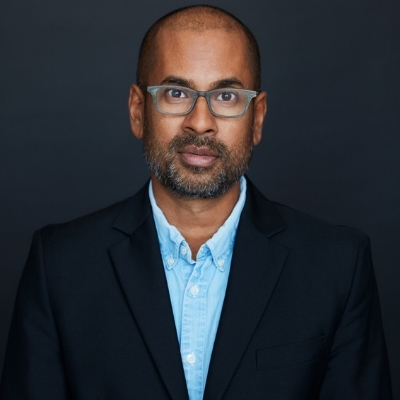“For me, I mean the body, I think and its ownership were really important in this novel, especially as it relates to the women in the novel. At its most basic, even when you have nothing, once you are alive, you have your body, you inhabit your body. In this particular space, that’s exactly what some of the characters choose to use to negotiate to try to get all of the circumstances that they find themselves in. That is especially true, not only true for women, but it is a fact of life for the women in the novel.” – Cherie Jones
“I think satire is one of the best ways to look at [people with money and their narratives]. I think it’s something that’s been done for centuries. There’s a grand tradition of writing about the wealthy and the powerful. Going back to Machiavelli, going back beyond that, and how do you portray these people? To me, there’s something – that satire is so effective as an entry point to looking at something that I think is normally so charged and so taboo and so not discussed.” – Kevin Kwan
“This might be an extreme perspective, but I do believe that if someone is employed by an organization, that they are in part owned by that organization by virtue of the fact that they are giving them maybe eight hours, maybe nine hours, maybe 10 hours in the office or in the virtual office, and no one’s tracking the time that you’re thinking about your job that you’re not getting paid for. You’re giving them time that you will never get back, ever. What they are giving you is money in return. Maybe there are intangibles. What we see in my book and what many people have probably seen in their own organizations, especially if you’ve worked in a start-up, is that there was such a fine line between cult and culture, and there was a reason that all of these people get roped in who willingly or unwillingly give their bodies up to these organizations and time that they’re never going to get back.” – Mateo Askaripour





